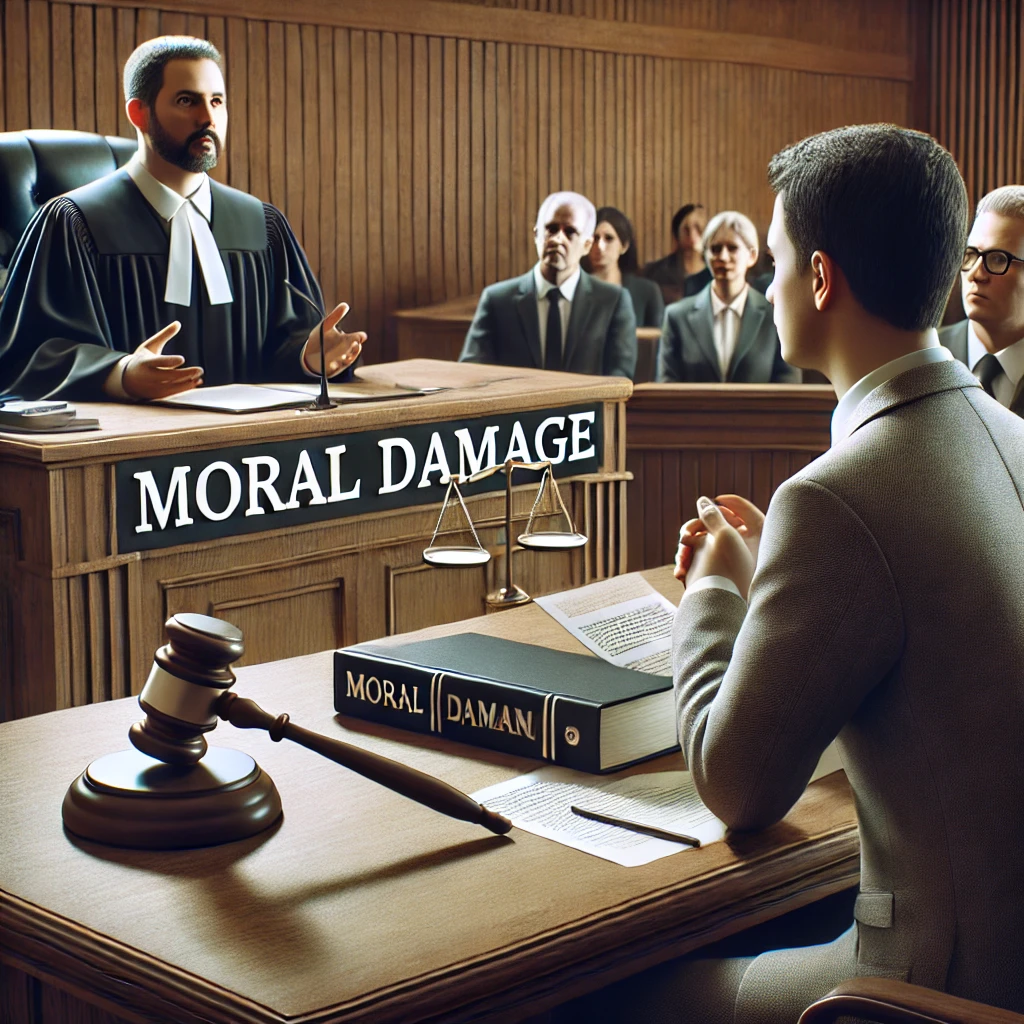Conciliation proceedings are a type of simplified proceeding and perhaps the most common way of dealing with a criminal case. The application of conciliation requires that the accused, his or her defence counsel and the prosecutor consent to the application of this type of proceeding.
In essence, if one of the parties does not agree to the application of conciliation, there can be no conciliation proceedings.
In the course of negotiations, the parties to the criminal proceedings must reach a consensus on the penalty, the costs of the criminal case, the civil action, and submit the concluded agreement to the court for approval.
What does conciliation mean?
After familiarising themselves with the criminal case file, the defendant and defence counsel must decide in which type of proceedings the case will be heard. The most common types of criminal proceedings are: conciliation proceedings, abbreviated proceedings and general proceedings. Each type has its own advantages and disadvantages.
In which cases is the use of conciliation proceedings justified?
Conciliation proceedings have a number of advantages:
The defendant will know when signing the agreement what punishment he will receive as a result. As a result, he will receive exactly the punishment that the parties to the proceedings have agreed upon in the agreement, i.e. no more and no less.
The defendant will be able to reduce his procedural costs, as the process will not be so long, and also part of the court costs can be charged to the state.
Conciliation proceedings allow, as a rule, to obtain a lighter sentence for the defendant. Conciliation proceedings are a kind of guarantee of the final result.
In what cases is conciliation proceedings not possible?
According to Art. 239 para. 2 para. 1 conciliation proceedings cannot be implemented in a number of offences. These are primarily serious offences for which the legislator does not provide for conciliation proceedings.
For example, conciliation proceedings are not possible for charges under Articles 113-114 (murder, aggravated murder) and Article 118 (serious injury to health) of the Penitentiary Code of the Republic of Estonia.
The following factors may also be an obstacle to conciliation proceedings: disagreement of the accused, defence counsel or prosecutor with its application; disagreement of one of the co-defendants to go to conciliation proceedings or disagreement of the victim or a third person.
At what stage of the proceedings is it possible to conclude an agreement?
The defendant and the prosecutor may apply for conciliation proceedings before the end of the judicial investigation in the county court. The judicial investigation ends with the examination of the evidence and the examination of the merits of the case. Thereafter, the parties proceed to deliberations. That is, the parties must decide on the application of conciliation before the commencement of deliberations.
In practice, negotiations of the parties may take place at different stages of the proceedings: for example, immediately after familiarisation with the materials of the criminal case, after the transfer of the case to the court or during the examination of evidence in court. This happens for various reasons – sometimes the understanding of the need to conclude an agreement comes only after the examination of certain witnesses in court. Therefore, the agreement is concluded at later stages of the trial.
How are the negotiations of the accused in the prosecutor’s office?
The participation of defence counsel in conciliation proceedings at the negotiation stage is mandatory. The accused gives first of all his written consent to the application of this type of proceeding. The prosecutor must explain to the accused his or her rights and obligations, as well as the consequences of conciliation proceedings.
During the negotiations, the parties discuss and make their proposals regarding the qualification of the offence, the type and measure of punishment, and the amount of the costs of the criminal case.
The punishment should not be too lenient or too strict, as the court may not approve the concluded agreement.
How does a conciliation hearing take place?
At the conciliation hearing, the court invites the prosecutor to read out the substance of the signed agreement. The court then asks the defendant whether he or she remains bound by the agreement and understands the consequences of its conclusion. The prosecutor hands the case file and the agreement to the court. The court then goes into a deliberation room to decide on the case.
Important: The defendant has the right to withdraw from the agreement before the court goes into deliberation.
What kind of judgement can the court make in conciliation proceedings?
According to Article 248 of the Penitentiary Code, the court may make a decision and either approve the agreement or return the criminal case to the prosecutor’s office because there is no basis for the application of conciliation proceedings or because the qualification of the offence or the type and measure of punishment is incorrect, with the possibility of concluding a new agreement.
If the agreement is approved, the person will be sentenced.
Does the defendant plead guilty in conciliation proceedings?
Defence lawyers are divided on the question of whether or not the accused pleads guilty or not guilty in conciliation proceedings. The judge usually does not ask a question regarding guilt, but by the nature of the agreement, the accused already pleads guilty. So even if the judge does not ask that question, it does not mean that there is no guilty plea.
From the defendant’s point of view this question is quite personal and emotional, but from a legal point of view guilt is recognised and without a guilty plea there would be no punishment. This is quite a logical conclusion – after all, if a person is not guilty, why does he accept the punishment.
In what cases is it possible to appeal against a court judgement in conciliation proceedings?
It is possible only in limited cases: if the fundamental norms of criminal procedure law are violated or the requirements of Art. 318 par. 4. 4. The defendant and the defence counsel may appeal against a sentence passed in conciliation proceedings, also if the act described in the agreement is not a crime, is incorrectly qualified under the Penitentiary Code, or if the defendant has received a punishment for the crime that is not prescribed for it.
What must be done to reach a result in conciliation proceedings?
The prosecutor and defence counsel have knowledge of the law and jurisprudence. The prosecutor may be mistaken and misguided on certain points, so it is important to convey to him the main arguments of the defence. As a result of negotiations it is possible to achieve reclassification of the offence, reduction of punishment and procedural costs.
For this purpose it is necessary to prepare well for negotiations.
And if the negotiations have reached an impasse, then analyse the situation and decide how to proceed. Defender here as always in the help.
Attorney
Sworn attorney Ilya Zuev
Advantages:
Specialisation of conducting criminal cases.
Analysis and decision-making on the choice of the line of defence.
Experience as a lawyer since 2011.







